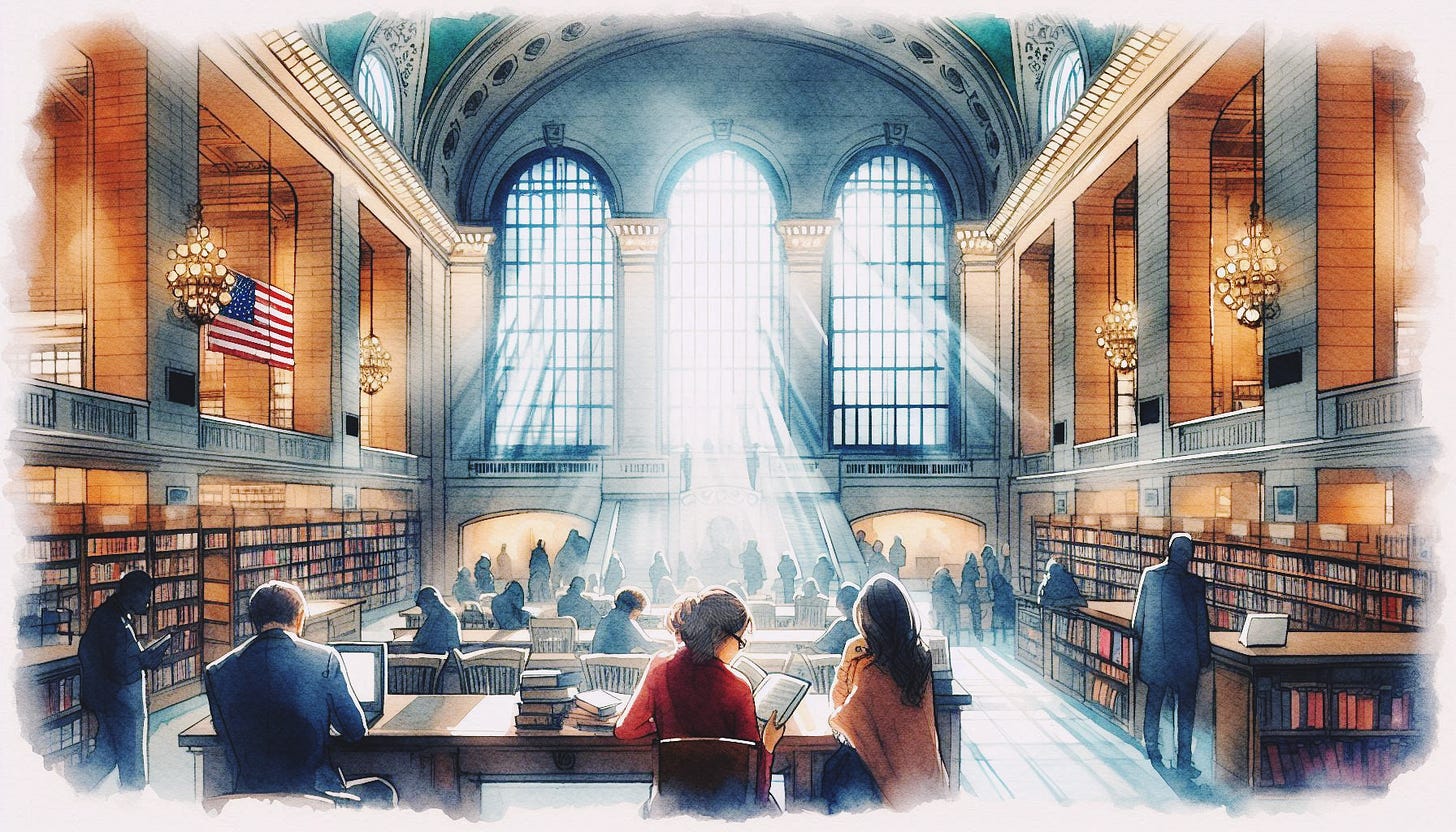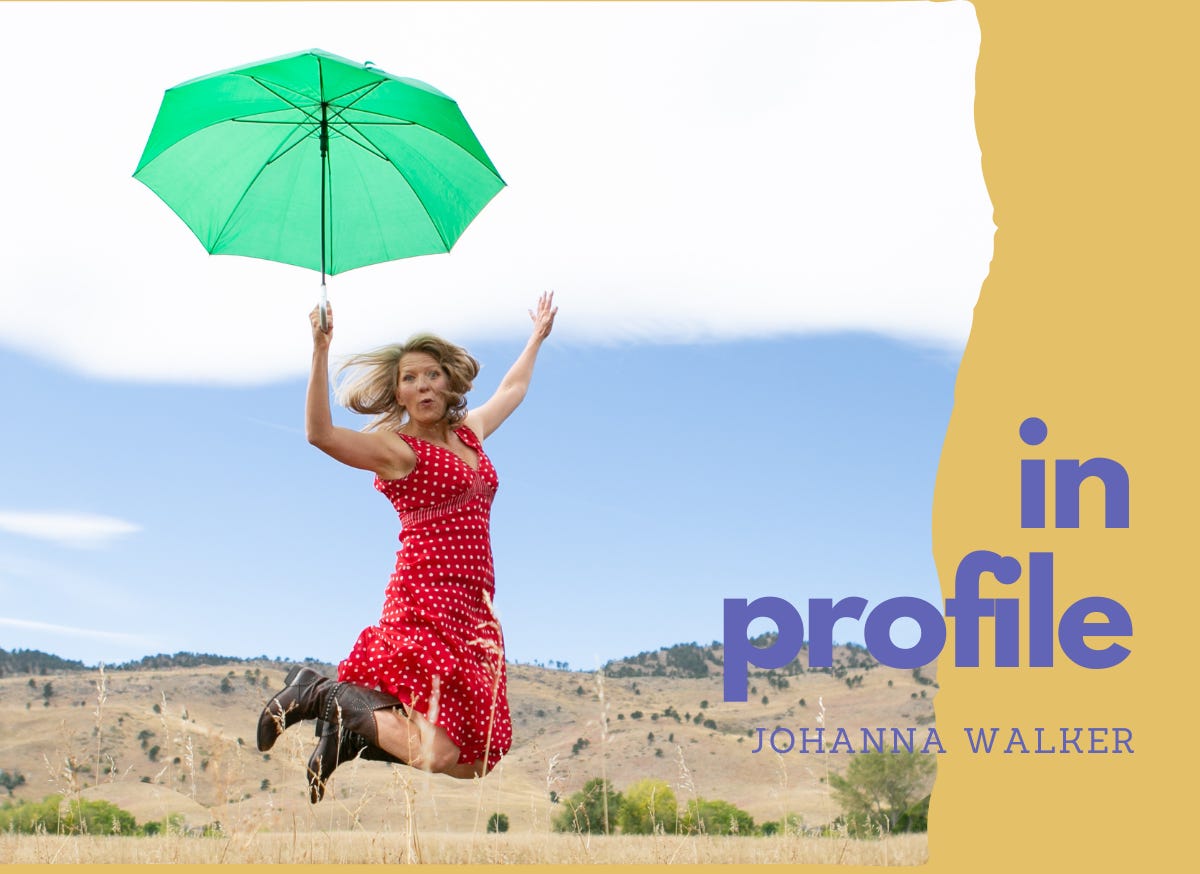Most of my (non-fiction) reading time recently seems to be focused on reading about time. Here are a few passages that have found space in my head and had me thinking about my relationship with time.
“We have the gall to refer to unused time as “free time.” Do we call our unused money “free money”? [...] Time is apparently money when your boss is using it, yet somehow it is free when it’s leftover for you to use.” — David Kadavy, Mind Management, Not Time Management
“One unit of time is very different from another unit of time. Rhythms within our bodies and within the world around us make each hour different from the next. Some hours are better for thinking analytically. Other hours are better for thinking creatively.” — David Kadavy, Mind Management, Not Time Management
• • •
“It will be said that, while a little leisure is pleasant, men would not know how to fill their days if they had only four hours of work out of the twenty-four. In so far as this is true in the modern world, it is a condemnation of our civilization; it would not have been true at any earlier period. There was formerly a capacity for light-heartedness and play, which has been to some extent inhibited by the cult of efficiency. The modern man thinks that everything ought to be done for the sake of something else, and never for its own sake.” —Bertrand Russell, “In Praise of Idleness”1
• • •
If you add up all the time saved through technological advancement over the past one hundred years, shouldn’t we have hours of excess time in which to do as we please? Why are we so efficient and yet so overwhelmed? Why are we so productive with so little to show for it? — Celeste Headlee, Do Nothing
“Idleness, in this sense, does not mean inactivity but instead nonproductive activity. ‘Leisureliness,’ says Daniel Dustin of the University of Utah, ‘refers to a pace of life that is not governed by the clock. It tends to run counter to the notions of economic efficiency, economies of scale, mass production, etc.’ Yet leisureliness to me suggests slowing down and milking life for all it is worth.” — Celeste Headlee, Do Nothing
“The idea is not that everything should be slower, but that not everything needs to be fast.” — Celeste Headlee, Do Nothing
• • •
“We’re conditioned to do this. Since the Industrial Revolution, we’ve learned to put a dollar value on time. We’ve been told, literally, that money is our most valuable resource: time is money. [...] Nothing less than our health and our happiness depends on reversing the innate notion that time is money. It is not. Money is time.” — Ashley Whillans, Time Smart
• • •
“If life is short, we should expect its shortness to take us by surprise. And that is just what tends to happen. You take things for granted, and then they're gone. You think you can always write that book, or climb that mountain, or whatever, and then you realize the window has closed. The saddest windows close when other people die. Their lives are short, too. After my mother died, I wished I'd spent more time with her. I lived as if she'd always be there. And in her typical quiet way she encouraged that illusion. But an illusion it was. I think a lot of people make the same mistake I did.” — Paul Graham, “Life is Short”
• • •
“There will be periods of conception and gestation where something is coming in, but you don't quite yet understand what it is. There are periods of concerted effort and cultivation where this new life, this new creation, begins to take shape and emerge into the world. There are periods of maturation and reflection where that creation begins to get refined and polished. And then there are periods of dissemination, of sharing and releasing as you send your creation out into the world. There may also be periods of rest and silence in between creations where the field lies fallow to regenerate. And the length, shape, and rhythm of these cycles are unique to each creator. […] There are these natural rhythms to life, rhythms to creation, and the rhythms are not optimized, and they are not optimizable.” — Jocelyn K. Glei, “The Tyranny of Urgency” on the Hurry Slowly podcast
🏷 A Fulfilling Life
👤 in profile
Meet Johanna Walker, an artist, business owner, gardener, non-parent but lover of children, speaker, and speaking coach.
Johanna once thought that having ADHD was her biggest challenge. And although it still kicks her ass, she now appreciates that this condition is the source of her genius and has developed a deep practice of loving her brilliant brain “as is”.
🍹 reader shout-out
A huge shout-out to WAGO reader, Yvonne Marchese, age agitator, author, and founder of The Age Agitators Club. This community brings together women committed to busting through their Midlife Funk to inspire, support, share our stories, and reimagine what’s possible as we grow older. Learn more about The Age Agitators Club.
💬 last word
Last week’s edition of WAGO resonated with so many of you. Thank you so much for the thoughtful comments. One thing is clear: we could all use some “hibernation” from time to time. 😊
If you do check out the post, be sure to read through the brilliant comments as well. To quote
: “This post is full of the most wonderful Substack gathering of conscious and sentient souls questioning their habitual selves and offering tidbits of wisdom they have picked up along the way.”Cool Beans,
Lou Blaser
Interestingly, Bertrand Russell wrote this essay in 1932. We’ve been arguing about this since then!








Paul Graham: "The saddest windows close when other people die."
I experienced that sadness when my mother passed away last month.
"I lived as if she'd always be there. And in her typical quiet way she encouraged that illusion. But an illusion it was." I wish others won't make these same mistakes as I did.
When you want to do something or say something to your loved ones, do it now. Don't wait for the next day, or next week, or next time. We're all getting older and time is not slowing down for us.
I love these quotes and will be checking out these books. Efficiency is indeed a plague on our psyches, and how true that "free time" is a construct. Time is the only real currency we have and money is merely a way of measuring how much life we have exchanged for something.